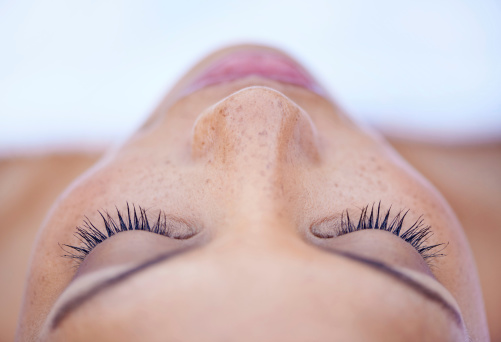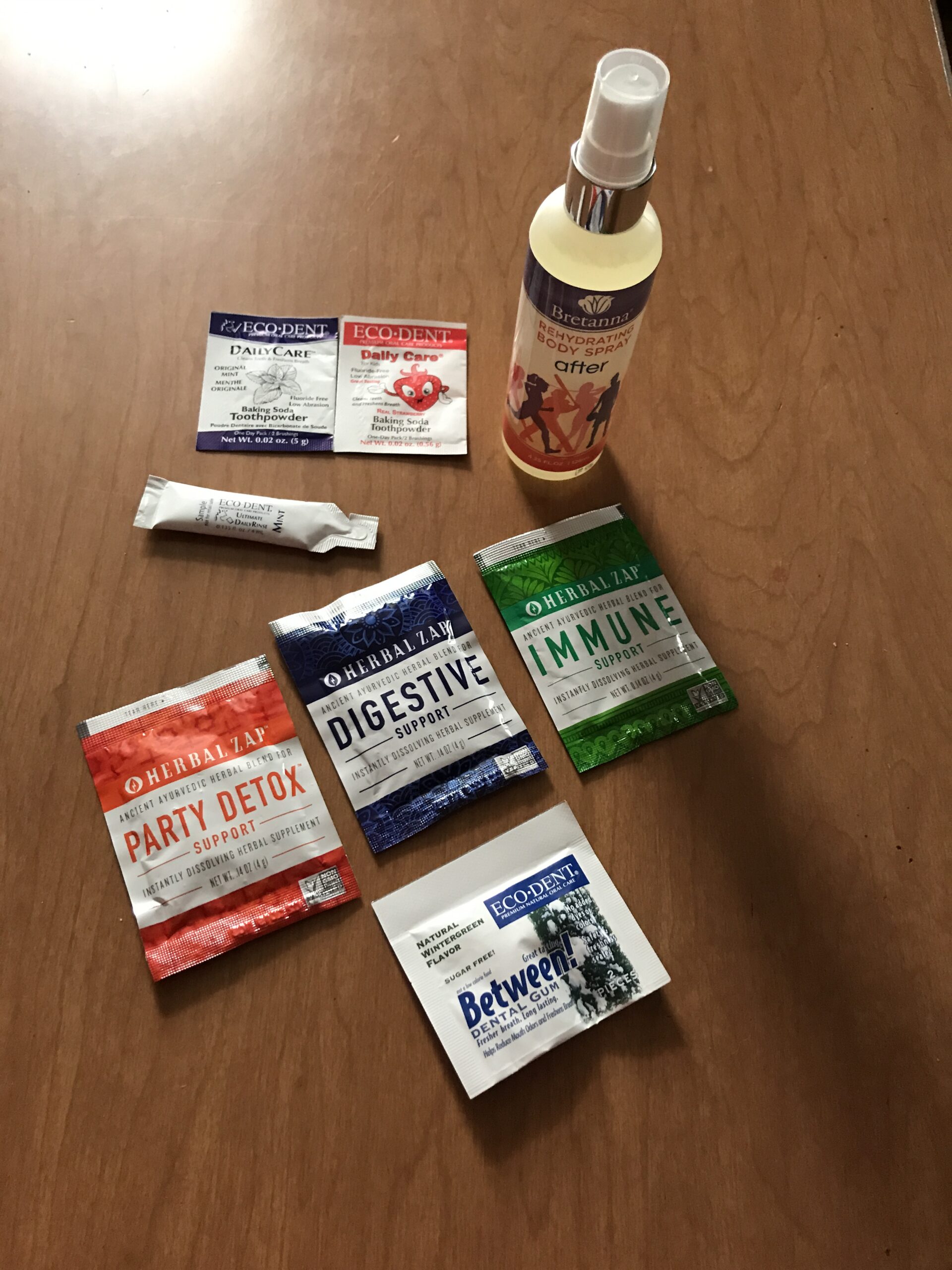Causes of your frequent headaches and what you can do
Are you one of those people that have acquiesced to living with a headache like it's one more regular part of life — like periods? Although headaches aren't deadly, frequent ones can make you enjoy life a lot less.
Recurring headaches and migraines can be a pain in the ass, making working pretty difficult. Possibly you've resolved to have a supply of painkillers in your bag and nightstand. But the big question is, what causes your frequent headaches?
It's worth noting that, while some headaches may be the symptom of an underlying condition, others are primary headaches.
Some causes of headache
If you've been experiencing chronic recurring headaches, it isn't always a brain tumor. Here are some possible causes of your recurring headaches.
- Hunger
- Sensitivity and consequent exposure to bright light, loud sounds, or other triggers
- Stress
- Insufficient sleep
- Dehydration
- Caffeine.
Besides these, another less common cause of headaches is diet. In fact, there's a relationship between diets migraines and headaches. Knowing common food triggers and tracking what you eat can help you lower the chances of developing headaches and migraines.
Differences between migraines and headaches
Headaches typically cause mild to severe pains in the head, face, or upper neck. They may be primary or secondary — i.e., headaches may be standalone or occur as a symptom of another condition. On the other hand, a migraine is an excruciatingly painful primary headache disorder. Their effects are more intense than headaches.
Migraines cause throbbing pain like it's pulsating from deep within the head. They can last for days.
Visual disturbances sometimes precede migraines in some people.
It's worth knowing that some migraines do not cause pain in the head. Also, headaches are of different types.
Tension headaches
Tension headaches are the most common type of headaches, causing mild to moderate pain. If you have a tension headache, you'd usually feel a dull, aching pain all over your head. The pain isn't throbbing.
Tension headaches are often primary headaches and come with no other symptoms. Anyone can develop tension headaches at any time, with stress being a common trigger.
Cluster headache
Cluster headaches come with chronic, piercing pain that feels like your head is pounding. They often occur on one side of the face or behind an eye — sort of a cluster.
Cluster headaches often come with swelling, redness, and sweating on the affected side. Nasal congestion and tears are also symptoms of cluster headaches.
Cluster headaches occur in series, recurring about 1-4 times a day and around the same time each day. Each bout may last from 15 minutes to 3 hours. As one goes away, the other follows soon after.
A series of cluster headaches can go on for months at a time, with breaks in-between months. You wouldn't feel any headaches during those months of breaks. To date, doctors aren't exactly sure what causes cluster headaches.
Other types of headaches include:
- Thunderclap headaches
- Hemicrania continua
- Ice pick headache
- Hormone headache
- Sinus headache
Final words
In most cases, recurring headaches often go after two days. If your headache lasts over 48 hours or increases in intensity, it's time to see a doctor.
Headaches that frequently occur for months may be a symptom of an underlying, serious condition. See your doctor to ensure you get to the root of things on time.




